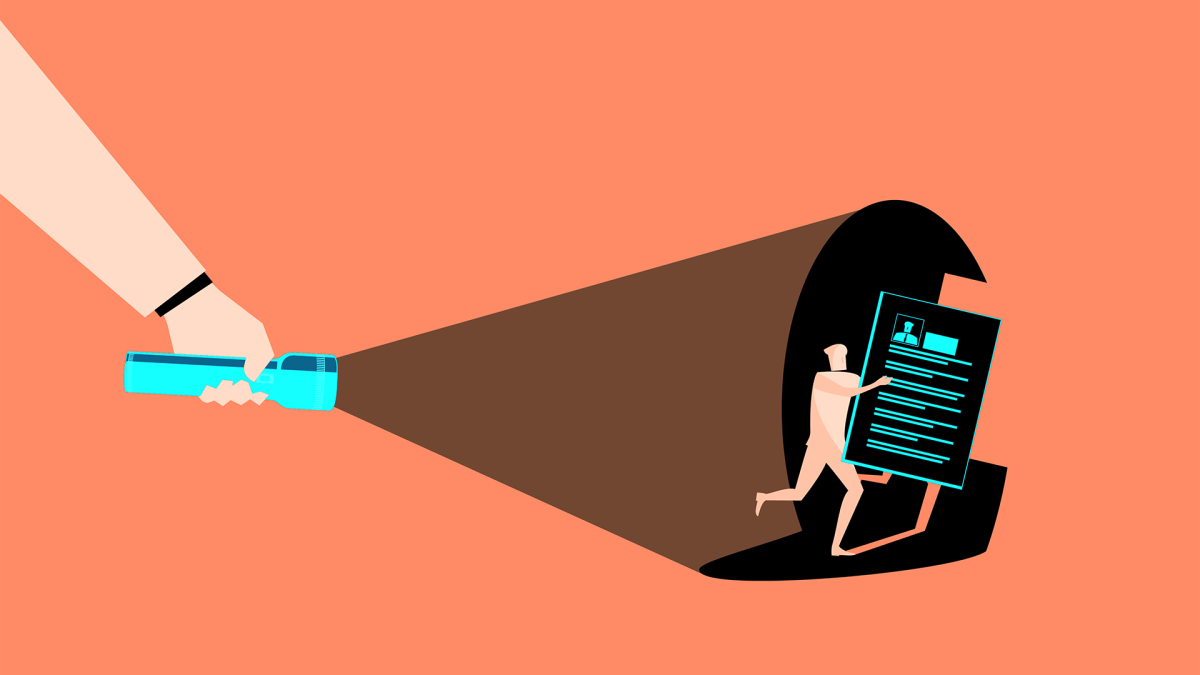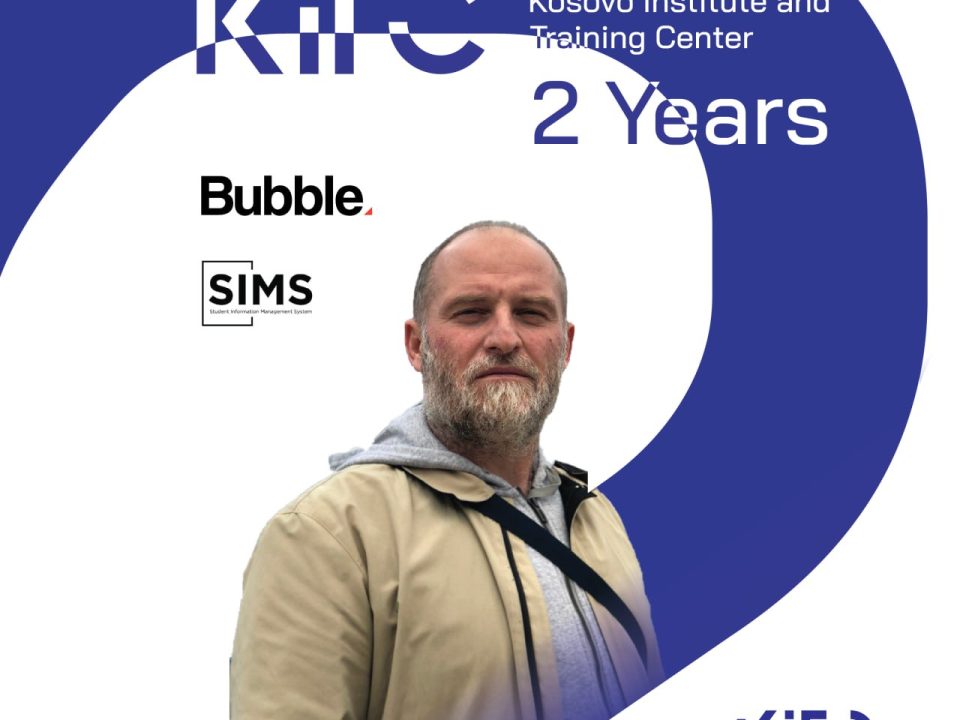Plagiarism means when you include someone else’s work in your work, presenting it as your work without giving authority to the person from whom you took the phrases of his work. It is also known as intellectual theft, which can be both intentional and accidental.
When the person “steals” the work of another, passing all the credit to himself, without citing where he got the data, it is called plagiarism.
You need a good plagiarism checker in order to find out the similarity percentage.
Since you get sources from a site, a blog of another person, etc. you must cite and give credit to the person from whom you got the materials, and also check on various detectors to be sure.
We have 4 types of plagiarism:
- Direct
- Self
- Mosaic
- Accidental
Accidental – means when you fail to give credit to the person or source from where you got the material, even though this is probably not done on purpose on your part, it is still called plagiarism. Accidentally forget to cite the source.
Although it is unintentional, the consequences are the same as other types of plagiarism, so you can be expelled from college/school, or work, you can be fined and your reputation can end.
Accidental plagiarism is caused by not knowing that even for the shortest phrases there must be a citation.
Here’s how to avoid it:
- Read articles, and materials and understand their content.
- Once we understand the information from the original author, put aside
- Write what you understand using your own style and words
- Give credit/citation in the text or in parentheses, also cite at the end of the article.
What is a plagiarism detection tool?
Plagiarism detection uses advanced software to check for plagiarism in your work. It’s commonly used by universities to check students’ work, but also by individuals to secure their work before publication.
The types of detection techniques are different such as lexical features, syntactic features, semantic features, and structural feature
The best plagiarism checkers of 2022 are:
- Crossplag
- Turnitin
- Unicheck. 3.0.
- CopyLeaks.
How to avoid it?
Well, this is a question posed by conscious people who don’t want to benefit from other people’s work, they don’t want to rise with foreign merits.
Plagiarism is considered an ethical offense that is punished with serious measures, we must be aware and prove our work ourselves.
It is understood that each of us when we have to work on a paper will read on google, books and different articles, but we are not allowed to put what we read in our paper, we must read, understand, then act and write with our own words, the phrases that we must take and definitely have to quote.
Also, Google just launched the “Helpful content update” that will ‘penalize’ websites that plagiarize content, leading to drops in ranking in SEO terms.
Each of us must learn that it’s something that will lead us in our career path.
5 ways to avoid plagiarizing in your writing
- Cite your source
- Include quotations
- Paraphrase
- Present your own idea
- Use a plagiarism checker
Why is avoiding it important?
We must avoid plagiarism for the sake of our reputation, whether as a student or in our careers.
When we plagiarize we are lying to ourselves because we prevent ourselves from developing our skills and thinking.
If you are defending your topic with the work that you have stolen from someone else and others notice you, you will fall into a bad position and destroy your career, be it student or work.
By avoiding it we can benefit and in this way, we will be able to develop our professionalism:
- It helps us to develop our skills on the horizon by trying to do the work to our strengths.
- It increases our ability to understand ideological values.
- It prevents serious and negative consequences that can happen to us.
- You will learn to master your skills and convey your ideas in an idealized way.
Levels and consequences of plagiarism
When we use someone’s materials or ideas, neglecting to cite them, we are committing plagiarism, but plagiarism is divided into different levels.
Plagiarism is divided into:
- Mild
- Modern
- Severe
Mild – When the citation does not receive due credit, it is left out of the reference, and the quotation marks are omitted, then it is automatically graded 0
Modern – When we copy a text but try to change some words and don’t quote it then we don’t get grades in college at all.
Severe – When in our presentation we insert texts taken from different sources and mix them, the exception also happens.
The best ways to avoid plagiarism
- Doing good research takes time, so never procrastinate on your tasks.
- If you don’t understand the assignment, talk to your professor again, but never run to get someone else’s materials.
- Always have moral integrity in taking notes.
- When you get sources on the Internet, make sure that you have cited them accurately.
- Be sure you understand good paraphrasing.
Becoming aware of it
Claims to commit plagiarism during a paper causes consequences. Students now, in order to complete a scientific paper, letter of motivation to enter college, or something else, convince themselves to plagiarize, this is due to pressure, fear of failure, or even the thought of appearing as beautiful as possible in the eyes of the professor or even his colleagues.
Students are not aware that plagiarism of a letter of motivation or a scientific paper goes up to the stages of exclusion or even not being admitted to college.
How accurate are plagiarism checkers?
To have good and successful work, it must be well-structured and original.
As I said above, attempts to steal someone else’s work result in dismissal from the position and are punished according to the levels of plagiarism.
Every time we have to check our work through the detectors.
Your question may be, do plagiarism detectors work and how do they work?
They are working, to check your work you copy your text, put it in whichever detector you have chosen, and as a result, the detector will analyze the text and highlight the results.
How can we educate students to stop plagiarizing?
There should be more articles about the consequences of plagiarism. In schools and colleges, students should be told about plagiarism by professors.
To teach the students to check plagiarism detectors every time before submitting the paper. Let’s teach them to be able to carry out a scientific paper, normally by doing research but no one gets a copy.
If they get a copy, make citations within the text and in the references. To prove their work through the links where they have researched.




